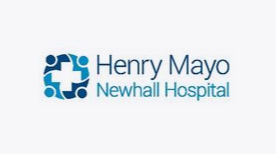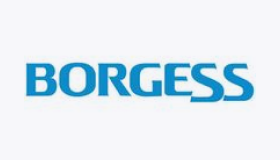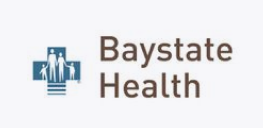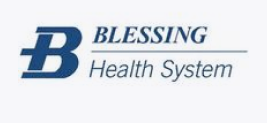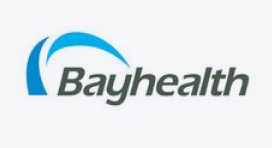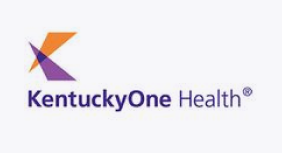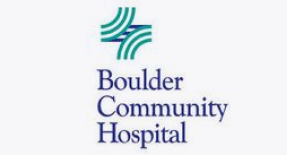April 30, 2022
Specialty Pharmacy: A New Revenue Stream for Hospitals
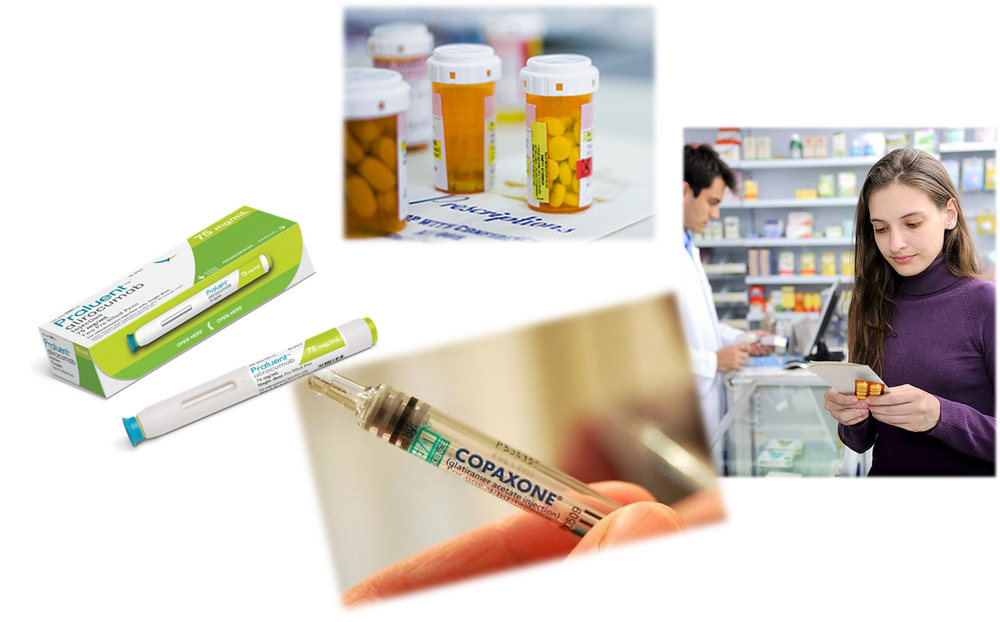
Specialty Pharamcy Growth
Specialty pharmacy has exploded from a niche industry catering to a very small population, to one that will account for 50% of all drug spend within the next few years. To put this growth in perspective, by the end of the 90’s, there were fewer than 30 specialty drugs on the market while the next decade and beyond saw an enormous acceleration in drug launches; there were 200 specialty drugs on the market by 2008 and 300 by the end of last year. So now, although only about 2% of population use specialty medications, they make up two-thirds of drug spend and expected to increase to 50% of drug spend by the end of the decade.
With a few exceptions, specialty pharmacy is not a focus area for hospitals. PBM’s like Express Scripts, blended PBMs and Commercial pharmacies like CVS Caremark and Walgreens dominate the market.To date, most hospital systems that have opened specialty pharmacies have been very large systems and educational institutions, but in the last year, there has significant movement into the space from mid-size systems and single site hospitals. Some of these hospitals are extending their existing outpatient pharmacies, while others are building or outfitting new facilities to launch these businesses.
How Specialty Pharmacies can be Profitable for Hospitals
Specialty pharmacies for hospitals can be very profitable. The Cleveland Clinic has been quoted as saying it would recoup its original investment within its first 16-months of operations. The Specialty Pharmacy at University of Michigan has been reported to be dispensing close to 8,000 medications each month to 2,000 patients, with revenues in excess of $50 million and over $20 million in profit and Jim Smeeding, the Executive Director of the National Association of Specialty Pharmacy was quoted in Pharmacy Practice News that “a moderately sized health system with $2 billion to $3 billion in annual revenue stands to gain $20 million to $30 million annually by adding its own specialty pharmacy.”
In addition to revenues, there can also be significant savings for employees on specialty medications. One example is SCL Healthcare in Lenexa Kansas, who was able to reduce their specialty medication expense by $400,000 by insourcing specialty pharmacy and a decline in specialty drug costs by almost 20%.
If your hospital has started to think about specialty pharmacy, or if you just want to know a little more about how it might be relevant to your hospital, Q Consulting Services is offering a free consultation. We will review your hospital, the types of specialists you have access to and your operational infrastructure to determine if this is something you should be considering



